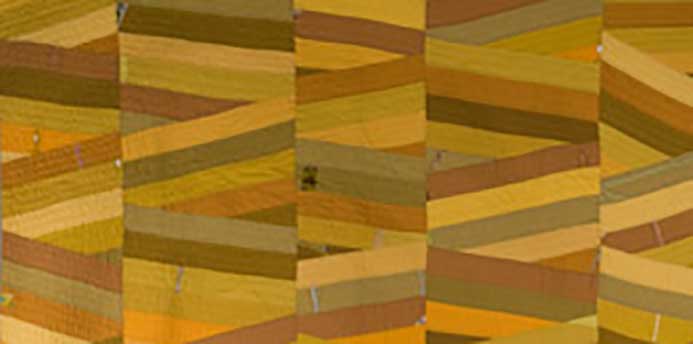Flying through the air in the grandest of ballet jumps at the Evanston School of Ballet is where Melissa Thodos found the joy in dance.
Now, as founder and artistic director of Thodos Dance Chicago, where she is also a choreographer, the Evanston native thinks back to those classes as the beginning of her life’s work.
“Dance is where you can play,” she says. “You can give form to your thoughts and feelings, see them expressed; communicated back to you and an audience.”
Musings like this one make some of us green with envy. We wish we could quit our day jobs and pursue our passion. But people in creative professions aren’t necessarily happier. Their jobs can be satisfying because they create meaning—a sense of identity and a connectedness to others—but that meaning doesn’t guarantee happiness.
“I don’t associate happiness with any creative person,” says Dr. Eric Maisel, a psychologist who specializes in creativity and has written numerous books on the challenges of the creative life. “Being creative means manifesting our potential; it’s more making ourselves proud than happy.”
But doing what we feel we were “meant to do” can be key to developing our identities, and there might be happiness in that. Franny Billingsley of Highland Park, a young adult and children’s book author and 2011 National Book Award finalist, agrees with Maisel: “Happy isn’t the right word. Fulfilled is better. I am often not happy when I’m writing. But, it’s how I make sense of life.”
Sarah Nishiura of Chicago, a fine artist who found her calling as a quilter several years ago, recalls that finding her artistic comfort zone was difficult. “The art world right now is conceptual, and I don’t want to articulate concepts,” she says. “When I switched from painting and drawing to making things with my hands, in an established tradition, it was a relief. It’s where my heart is.”
Then, once the work is done, many artists find joy in sending a piece out into the world, where other people can connect with it, and therefore them. Thodos cherishes the idea that dance can help audiences transcend the world around them. After an abstract piece she choreographed, “Loss/Found,” about her father’s death, an audience member told her, “I cried, and I don’t know why.”
Nishiura values the accessibility of quilting. When a gallery owner scorned her work as decorative, she thought to herself, “If somebody hangs it on their wall and it makes them happy every day, then it’s successful.”
For Billingsley, being nominated for the National Book Award for her young adult novel “Chime” (Dial, 2011) gave her new perspective on 12 long years of writing. “I’m moving through the dark, feeling my way, not sure what I’m going to see when I reach the end,” she says. “The nomination validates my journey.”
If you never quit your day job, but keep creating through your hobby, that’s nothing to disparage. According to Maisel: It can be meaningful as well as beneficial to your health, serving as a kind of meditation or a way of finding solitude.
But on the other hand, maybe happiness is overrated—or as Maisel puts it, “an elusive by-product of doing your work.” He says, “The goal is manifesting your potential and living by your values. If you get a little happiness out of that, that’s terrific.”

